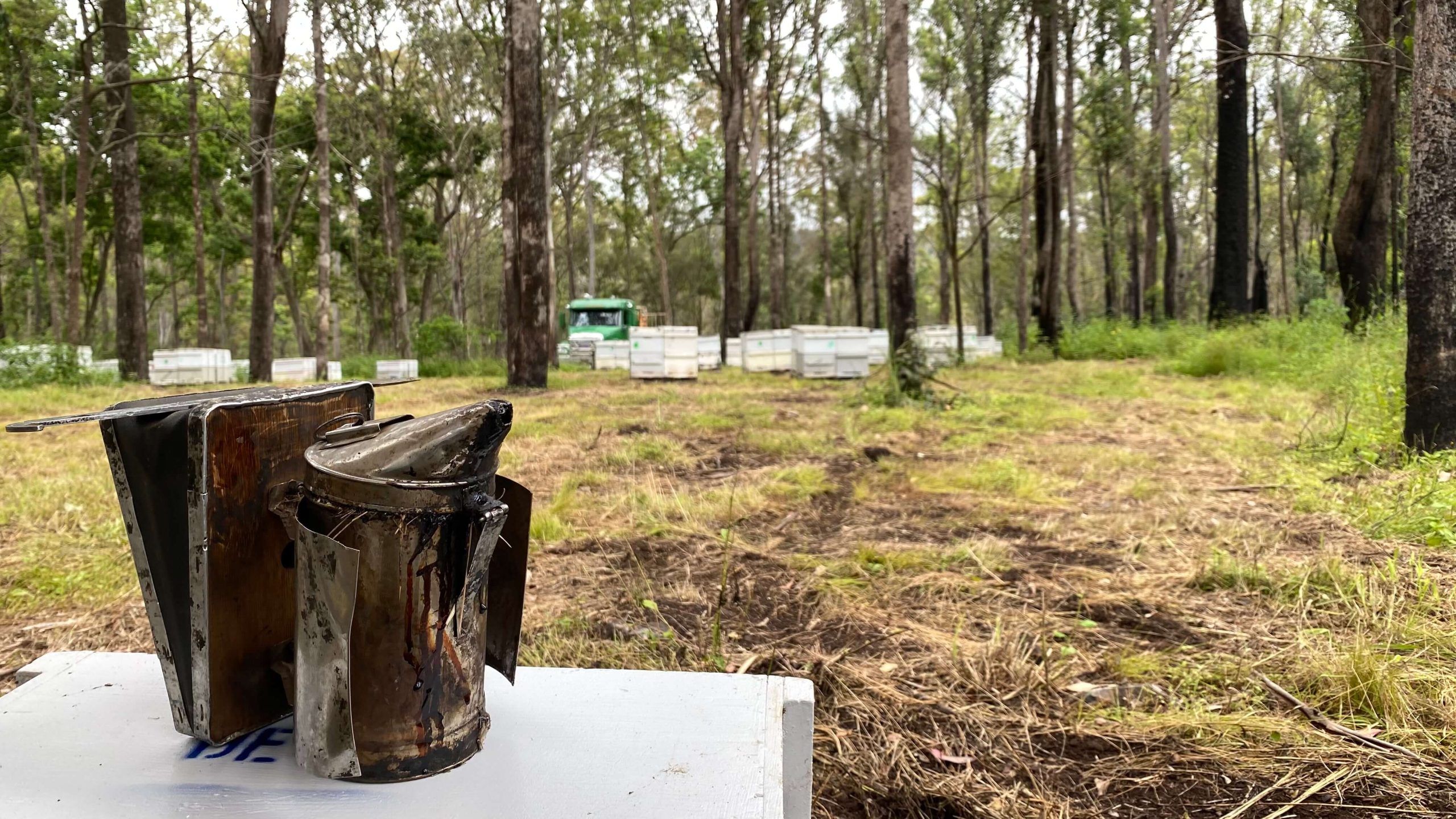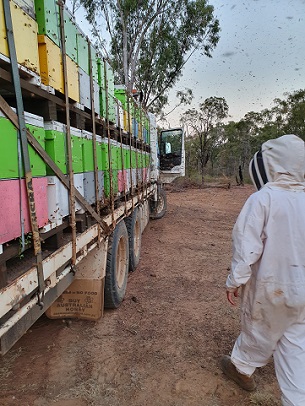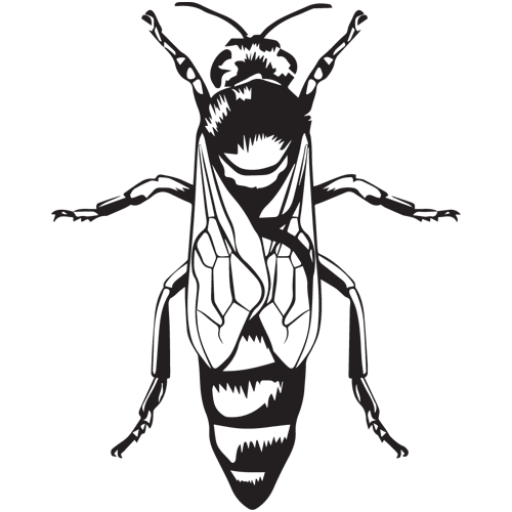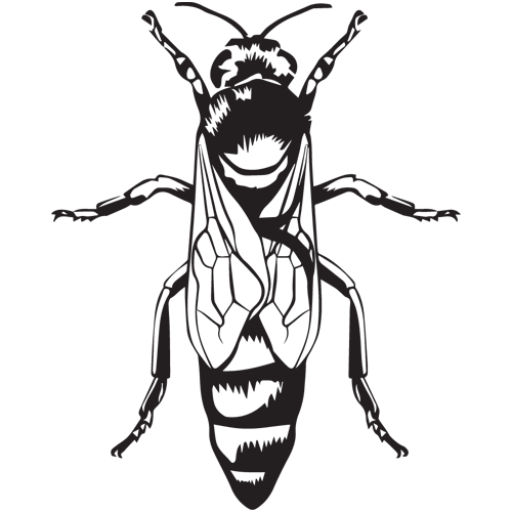Training and Careers
Training
Cert III in Beekeeping
This is the nationally recognised qualification for beekeeping in Australia. Here is a link to current Queensland training providers.
Statement of Attainment
Through a Registered Training Organisation (RTO) you may choose to complete just one or more units of competency from within the Certificate III in Beekeeping course and receive a Statement of Attainment for these units when completed.
Basic Beekeeping Skill Set
This is suitable for hobby beekeepers and entry level workers in the beekeeping industry. It covers the basic skills and knowledge required to maintain a beehive or operate a small apiary. The units of competency in this qualification can provide credits towards a Certificate III in Beekeeping qualification.
Traineeships
Traineeships are available as part of the Cert III in Beekeeping to those who are already employed as a beekeeper.


Free Biosecurity Online Training (BOLT)
Everyone who keeps bees is required to complete this simple yet important course on knowing and understanding the pests and diseases of honey bees. The BOLT course is a biosecurity obligation and requirement, with a refresher course required every 3 years.
The BOLT course explains the importance of biosecurity, describes the main threats to honey bees, how to check hives for signs of pests and diseases, provides advice on keeping honey bees healthy and how to care for them in accordance with the Australian Honey Bee Code of Practice.
Biosecurity On Line Training (BOLT) for Beekeeping can be found on the BeeAware webite or Plant Health Australia website.
It is free for all Australian beekeepers. Use the link to access the BOLT course. Please scroll to the bottom of the page to access the beekeeper specific course.
Careers
Lifestyle
Many beekeepers travel extensively checking nectar and pollen flora and shifting hives to new areas of flowering resources. Much time is spent outdoors and often away from home, also with night driving.
Costs
The cost of a commercial operation is high as it includes hives, personal protective clothing, extracting equipment, trucks and associated costs and often employees.
Honey Production and/or Paid Pollination
Approximately 400 is the minimum number of hives required to sustain a living from honey production and/or paid pollination services.
Queen Bee Breeding
Raising queen bees for sale to other beekeepers is a rewarding, demanding and specialty area.

What Our Members Say About Us
Hobby Beekeepers
Commercial Beekeepers
Total Qld Bee Hives
Bee Population Qld
Get in Touch
We encourage members of the public to connect with the QBA via email. One of our friendly team will be in contact with you as soon as possible.


